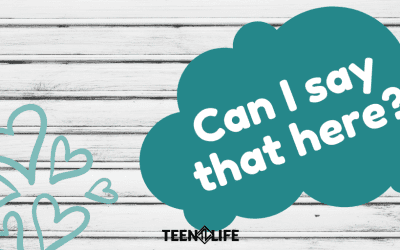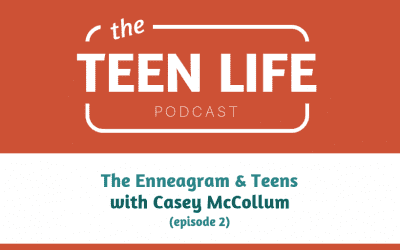ACE – Does that mean anything to you? For some it might conjure up the lyrics of an old George Straight song that says, “You’ve got to have an ace in the hole.” For others it brings images of poker games and winning hands. For others, names of all-star professional baseball pitchers. For others, the experience of serving in tennis and never getting a volley back. Maybe for you, it’s the terminology for someone who is always seemingly ahead – “He’s holding all the aces.” But how many of you saw ACE and thought about difficult childhood experiences? I’m guessing not very many of you. This past week I had the opportunity to sit in a training which discussed trauma informed care. As part of that discussion, the ACEs were mentioned.
Mental Health Articles and Episodes
Teens are struggling with mental health today in unprecedented levels. In fact, according to the latest CDC report, 4 in 10 teens felt persistently sad or hopeless in 2021. The good new is, you can help! We’ll keep you updated on the best tools and time-tested tips for connecting with teens. Because no teen deserves to feel alone.
Teens need champions. Be one.
Every teen deserves an adult who believes in them. Our newsletter is packed with updates on teen life, free resources, and practical ways to build stronger, more supportive relationships with the young people you care about. When you grow, they thrive.
Subscribe today — because one caring adult can change everything.





